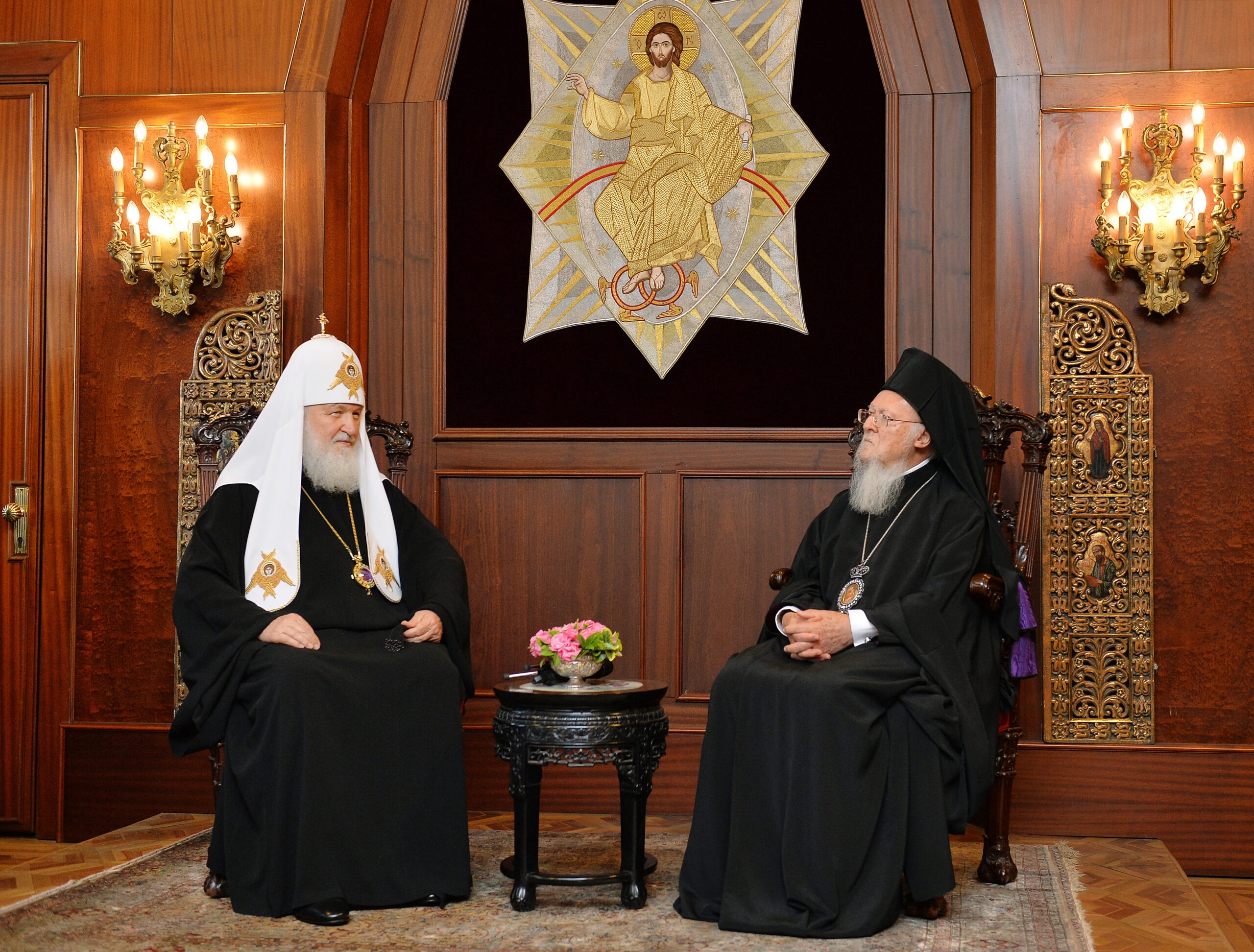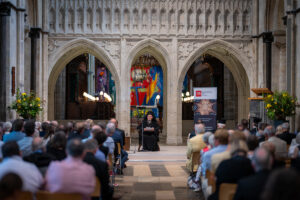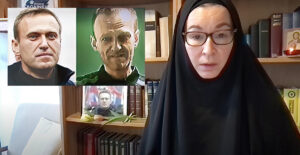The Patriarchate of Moscow has attempted to bring about a schism within the Orthodox Church, and is engaging in uncanonical incursions into the ecclesiastical territory of the Patriarchate of Alexandria and All Africa. Its designs, however, do not end with Africa.
His All-Holiness Ecumenical Patriarch Bartholomew has stated that “the leadership of the Church of Moscow is trying to impose a new ecclesiology which is overthrowing the ecclesiastical order on the basis of new data.” This new ecclesiology would include the displacement of the Ecumenical Patriarchate in its canonical role as the first among the Orthodox Patriarchates. His All-Holiness explained that the Moscow Patriarchate’s actual goal in its opposition to the autocephaly of the Ukrainian Orthodox Church was to “remove these unique responsibilities of the throne of Constantinople and transfer them to others.”
Not only did the Holy Synod of the Russian Orthodox Church on October 15, 2018 cut all ecclesiastical ties with the Ecumenical Patriarchate of Constantinople; Moscow Patriarch Kirill has openly questioned the canonical prerogatives of the Ecumenical Patriarch. He stated: “Claims of special rights and privileges have been expressed in the past by hierarchs and theologians of Constantinople, but they have never expressed them in such strict terms and with such an extreme version as today.”
Patriarch Kirill falsely claimed that supporters of the Ecumenical Patriarchate and its granting of autocephaly to Ukraine in January 2019 “went so far as to call the Patriarch of Constantinople not the first among equals, but ‘the first without equals.’” He added that “this innovative ecclesiology has no basis either in the sacred canons or in the ecclesiastical tradition, in general,” and claimed that “we can prove the invalidity of Constantinople’s position only by comparing this actual position with what has always been in the Orthodox Church with regard to the realization of the role and importance of the first.”
Yet the Moscow Patriarchate has failed to acknowledge the foundational canonical order of the Church, based on the Ecumenical Councils, which grants to the Church of Constantinople the responsibility to adjudicate disagreements between Churches. Canon 9 of the Fourth Ecumenical Council, which was held in Chalcedon in 451, states: “If a bishop or cleric has a disagreement with the metropolitan of the province, let him appeal to the Exarch of the Metropolis, or to the throne of the Imperial City of Constantinople, and let him be tried there.”
Meanwhile, in defiance of the Church’s canonical order, the Moscow Patriarchate does not rule out the possibility of establishing a “Russian Exarchate in Turkey.” Metropolitan Hilarion of Volokolamsk, chairman of the Department for External Church Relations (DECR) of the Moscow Patriarchate, said: “The Russian Orthodox Church cannot refuse to nurture the Orthodox in Turkey.”
There are nearly 150,000 Russians living in Turkey today, but a Russian Exarchate in Turkey could be dedicated not only to ministering to their spiritual needs, but to establishing a presence in Turkey that could ultimately expand to challenge or even displace the Ecumenical Patriarchate. His All-Holiness declared that the Church of Russia had papal aspirations, asking: “After all, who behaves like the ‘Pope of Orthodoxy’? The one who remains faithful to its tradition or the one who claims for himself the position he never had and will not have?”
Referring to the Patriarch of Moscow, His All-Holiness reiterated the importance of the Ecumenical Patriarchate for the unity of the Church: “But he must understand that the Ecumenical Patriarchate is the only guarantee for the unity of Orthodoxy. Without the Ecumenical Patriarchate, Orthodoxy will fall into the vortex of nationalisms, into the introversion of self-sufficiency, into the contempt of the modern world.”
Ecumenical Patriarch Bartholomew has also explained that as his acts, particularly his granting of autocephaly to the Ukrainian Orthodox Church to which Moscow so strenuously objected, were based on the Church’s canonical order, and consequently, he could take no other course of action: “I can’t let the Orthodox ecclesiology change on the altar of lesser interests.”
His All-Holiness said that the accusations of that the Ecumenical Patriarchate was behaving in a papal manner that was inconsistent with Orthodox ecclesiology were baseless: “Should we call papism the fact that I shoulder the responsibilities of my ministry? I cannot deny the responsibilities inherited to me by my predecessors.”
The Ecumenical Patriarch noted that speaking of the primacy of Constantinople with a negative connotation was a new innovation. “I want to ask: Doesn’t every Diocese have a First? Doesn’t every Church have a First? If we do not have a First then we are a federation of local administrative church groups and not the society, as our ecclesiology stipulates, of local Churches headed by the First. This federation, the new ecclesiology, shows that some brothers do not follow in the footsteps of our fathers.”
The Archons of the Ecumenical Patriarchate follow in the footsteps of our fathers and stand with the Ecumenical Patriarch.







